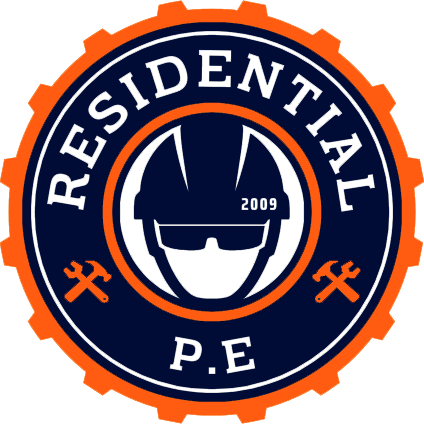
Navigate the Permit Process Efficiently
Understanding Signatures: Wet vs. Electronic Seals & Signatures
In the realm of construction, time is of the essence. Architects and Construction Managers are constantly racing against the clock to meet permitting deadlines. Ensuring a smooth process from permit application to approval is essential to avoid construction delays and missed grand opening opportunities. The rush to submit project plans for permit approval can sometimes lead to overlooked details. When plan sets are submitted with missing elements, signatures, or information, they are often rejected by jurisdiction authorities, necessitating a resubmission and adding to the overall permitting timeline. To mitigate permit delays caused by these resubmissions, careful attention to detail is paramount.
The Role of Signatures: Wet vs. Electronic Seals & Signatures
Jurisdictions have distinct requirements when it comes to signatures on application documents. Some jurisdictions mandate a “wet signed and sealed” signature, meaning a licensed architect or engineer provides a physical seal and signature on specific submission documents such as drawings, calculations, reports, and specifications. In contrast, other jurisdictions accept electronic seals and signatures from architects and engineers, where the seal is digitally added. Recognizing this distinction and understanding which type of signature each jurisdiction demands is crucial.
Submitting the Right Number of Plan Sets
An important aspect of the permit application process is providing an appropriate number of plan sets. Different departments within a jurisdiction will review these plans separately. For instance, a jurisdiction might stipulate that three sets of plans be submitted to cater to the mechanical, plumbing, and electrical departments. Insufficient plan sets often lead to the need for resubmission, further prolonging the permitting timeline.
Being Prepared: Plan Check Fee
Many jurisdictions require applicants to pay their application fees upfront. Failing to be adequately prepared in this aspect can lead to delays in the review process, as the city planners may hold off on reviewing the application until the required fees are paid. It’s advisable for applicants to have a clear understanding of the fees associated with their application and have the necessary payment ready when they submit their application.
Efficiency through Comprehensive due diligence
At Construction Edge, we prioritize comprehensive due diligence to provide our clients with meticulously detailed checklists outlining the necessary information and documentation for their permit applications. Our approach includes thorough quality control, involving a comprehensive review of all plans and documents in the submission package. This meticulous process ensures that the package is entirely prepared for review, minimizing last-minute issues that may arise during the plan check phase. Our philosophy centers on proactive measures rather than reactive responses, allowing us to effectively navigate potential challenges.
Introducing Construction Edge
Construction Edge is a full-fledged permit, entitlement consulting, and expediting firm headquartered in Beverly Hills, CA. Our services extend beyond mere plan submissions, setting us apart from conventional expediters. With established relationships with officials across various municipalities, we employ numerous strategies to save both time and costs, ensuring project completion efficiency. Our ultimate goal is to secure all necessary permits promptly. We vigilantly monitor every facet of the permitting process, ensuring constant communication between the jurisdiction, consultants, and the client. Connect with us today for a consultation at Construction Edge
